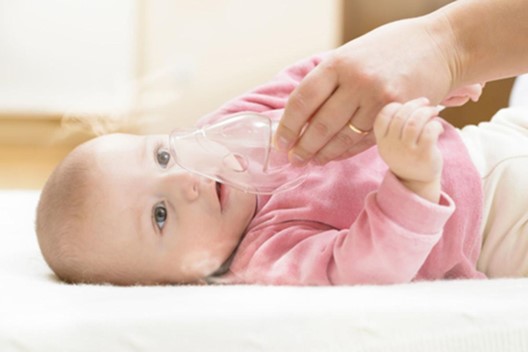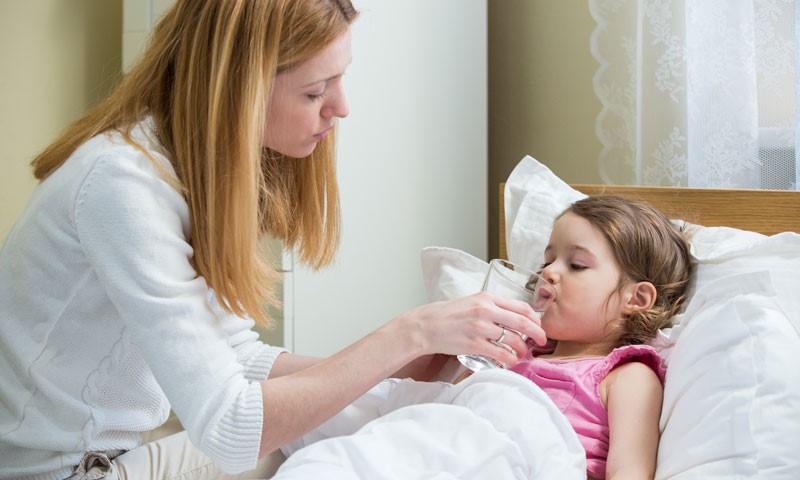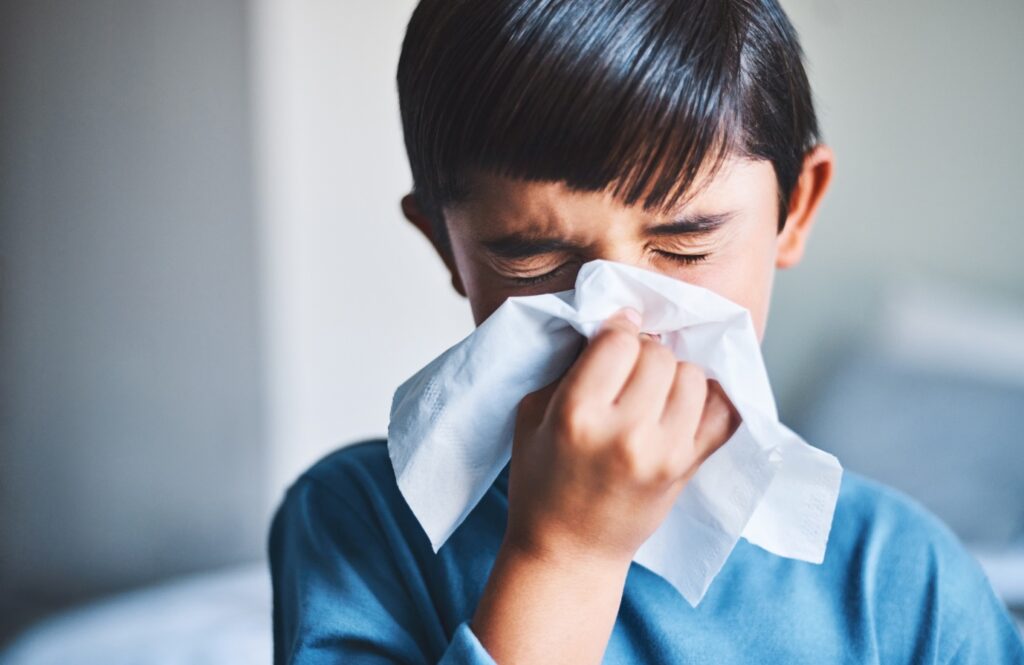Polycystic ovary syndrome affects millions of women around the world. It’s one of the leading causes of female infertility. It can cause significant distress for the person suffering from it. With this article, we want to tell you the fundamentals of PCOS so that you can make more informed health choices down the road.
What is PCOS?
Polycystic ovary syndrome (PCOS) is a hormonal disorder that affects women of reproductive age. Its characteristic feature is multiple cysts on the ovaries, irregular menstrual periods, and high levels of androgens (male hormones) in the body. PCOS is a common condition that affects an estimated 5-10% of women of reproductive age, and it is a leading cause of infertility.
What are the symptoms of PCOS?
Symptoms of PCOS can vary widely, and they may include:
- Missed periods (amenorrhea)
- Irregular periods
- Very light periods
- Ovaries that have increased in size or contain many cysts
- Excessive hair growth on chest, stomach, and back (hirsutism)
- Excessive weight gain around the abdomen
- Acne
- Oily skin
- Female-pattern baldness (thinning hair around the crown)
- Little parts of excess skin that can be found around the neck or the armpits (skin tags)
- Darkened patches of skin on the back of the neck, around the armpits, and under the breasts.
In some cases, women with PCOS may also experience fertility issues, as irregular menstrual cycles and high levels of androgens can interfere with ovulation.
What causes PCOS?
Currently, we don’t know what causes PCOS. But scientists believe the cause is probably linked to genetic, environmental, and hormonal factors. Risk factors for PCOS include a family history of the condition, obesity, and insulin resistance.
How is PCOS diagnosed?
PCOS is diagnosed through a combination of medical history, physical examination, and laboratory testing. We can assess hormonal levels using blood tests, and an ultrasound may be used to assess the presence of cysts on the ovaries.
What’s the treatment for PCOS?
Treatment for PCOS is typically focused on managing the symptoms and reducing the risk of long-term complications. This may include medications to regulate menstrual cycles and manage hormone levels and lifestyle changes such as weight loss, exercise, and stress management. In some cases, fertility treatments may be necessary for women with PCOS who are trying to get pregnant.
Women with PCOS need to be under the care of a healthcare provider who can help them manage their symptoms and reduce the risk of long-term complications. This may include regular monitoring for conditions such as type 2 diabetes, high blood pressure, and heart disease, as well as regular check-ups to assess fertility and overall health.
What are the complications of PCOS?
Women who have PCOS are at risk of developing several health conditions. These include:
- Type 2 diabetes
- High blood pressure
- Problems with the heart and blood vessels
- Uterine cancer
How to manage your PCOS?
Living with PCOS can be difficult, especially because of the physical symptoms. Things like weight gain, hair growth, and acne can be a constant source of distress. However, you can get cosmetic treatments to help you manage the symptoms.
For instance, electrolysis and laser hair removal can remove any excess hair for a relatively long period. This might help with feeling better about yourself. You should get in touch with your healthcare provider if your self-esteem and mental health are taking a hit because of your symptoms. They can suggest the best ways that you can use to treat the symptoms that are causing you distress.
An insight from mamahood
In conclusion, PCOS is a common hormonal disorder that affects women of reproductive age. Multiple cysts on the ovaries are the most characteristic feature of PCOS, along with irregular menstrual periods and high levels of androgens in the body.
As of now, we don’t know what causes PCOS. However, it is thought to interlink with genetic, environmental, and hormonal factors. Treatment for PCOS may include medications, lifestyle changes, and fertility treatments. It is vital that women with PCOS be under the care of a healthcare provider to manage their symptoms and reduce the risk of long-term complication








